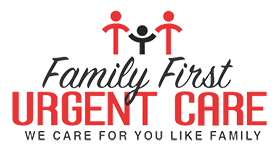
Aftercare Tips Following an Urgent Care Visit
After receiving treatment at an urgent care center, proper aftercare is essential to ensure a smooth recovery and avoid complications. Family First Urgent Care is dedicated to providing you with comprehensive care, and we want to help you take the necessary steps to care for yourself post-visit. This blog post will guide you through practical aftercare tips, including managing symptoms, adhering to medication regimens, and recognizing signs that may warrant a follow-up visit.
Managing Symptoms
Rest and Recovery
One of the most important aspects of aftercare is allowing your body to rest and recover. Ensure you get plenty of sleep and avoid strenuous activities until you feel better. Resting helps your body heal more effectively and can prevent further complications.
Hydration and Nutrition
Staying hydrated and maintaining a balanced diet is crucial for recovery. Drink plenty of water and consume nutritious foods that support your immune system. Avoid alcohol and caffeine as they can dehydrate you and hinder the healing process.
Symptom Monitoring
Keep track of your symptoms and note any changes. If you experience new or worsening symptoms, it may be a sign that you need additional medical attention. Use a journal to record your progress and any concerns you may have.
Medication Adherence
Follow Prescriptions Carefully
If you were prescribed medication during your urgent care visit, follow the instructions carefully. Take the medication as directed, even if you start to feel better before the course is complete. This helps ensure the effectiveness of the treatment and prevents the recurrence of symptoms.
Understand Your Medication
Make sure you understand the purpose of each medication, how to take it, and any potential side effects. If you have any questions or concerns about your medication, don’t hesitate to contact Family First Urgent Care for clarification.
Lifestyle Adjustments
Avoiding Triggers
Depending on your condition, you may need to make temporary lifestyle adjustments to facilitate your recovery. For example, if you have a respiratory infection, avoid exposure to pollutants and allergens. If you have an injury, avoid activities that could exacerbate it.
Stress Management
Stress can hinder your recovery, so it’s important to find ways to manage it effectively. Practice relaxation techniques such as deep breathing, meditation, or gentle exercise like walking or yoga.
Signs That Warrant a Follow-Up Visit
Persistent or Worsening Symptoms
If your symptoms persist or worsen despite following aftercare instructions, it’s important to seek medical advice. Persistent fever, increased pain, or new symptoms should not be ignored.
Adverse Reactions to Medication
If you experience adverse reactions to any prescribed medication, such as an allergic reaction, severe side effects, or unexpected symptoms, contact Call 911 or or go to your nearest emergency room.
Unresolved Health Concerns
If you have any unresolved health concerns or questions about your recovery, a follow-up visit can provide additional guidance and support. It’s better to be proactive about your health and seek professional advice when needed.
Conclusion
Proper aftercare following an urgent care visit is essential for a smooth recovery and long-term health. By managing symptoms, adhering to medication regimens, making necessary lifestyle adjustments, and recognizing signs that warrant a follow-up visit, you can ensure the best possible outcome for your health.
For more information on how we can support you through your recovery, visit www.familyfirsturgentcareconroe.com or call (936) 235-2825. Family First Urgent Care is here to provide compassionate and efficient care, helping you every step of the way.
By following these aftercare tips, you can take charge of your recovery and ensure you receive the best possible care. Remember, preparation and monitoring are key to a successful recovery journey.
- Cultural Competency in Urgent Care: Providing Inclusive Patient Care - April 11, 2025
- Key Facts About Hormone Replacement Therapy and Women’s Wellness - March 24, 2025
- Urgent Care for the Elderly: Specialized Services for Senior Patients - March 24, 2025



